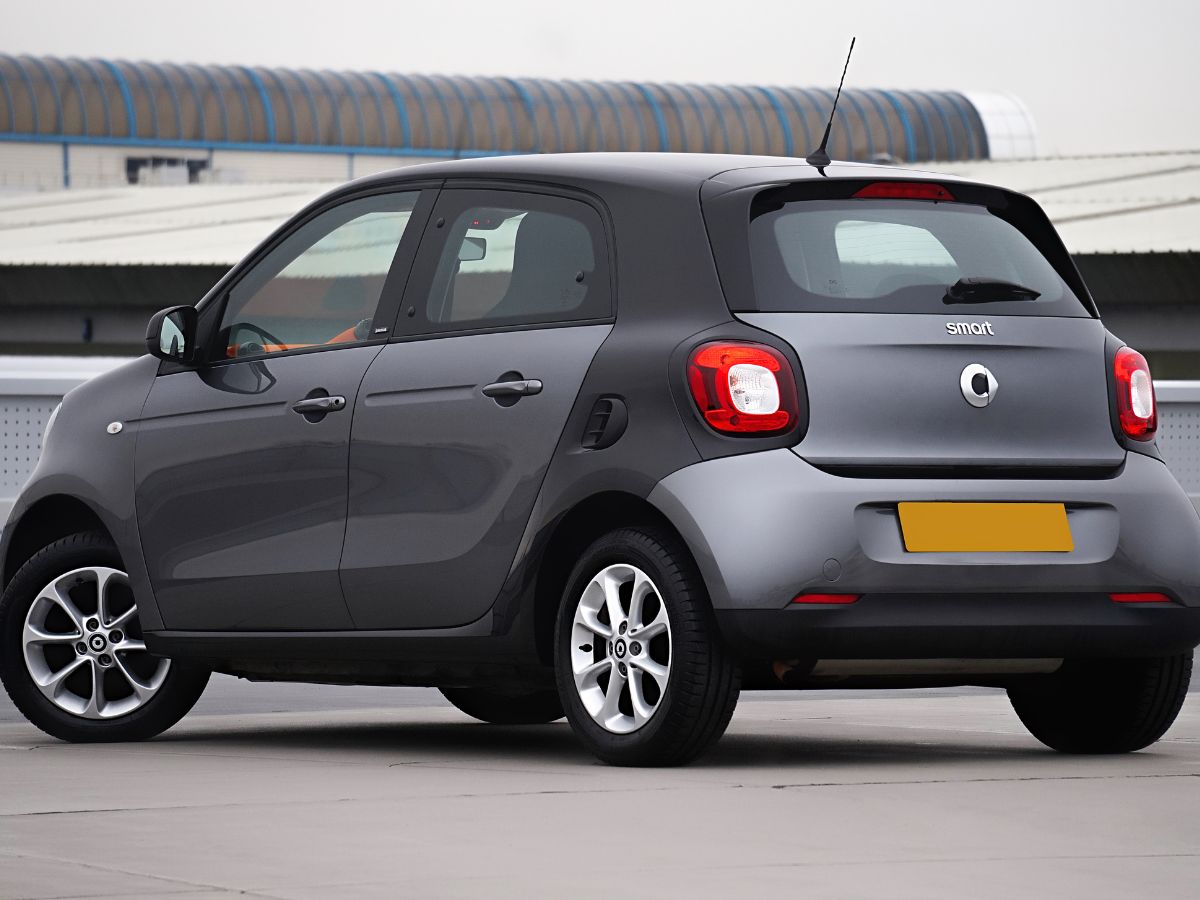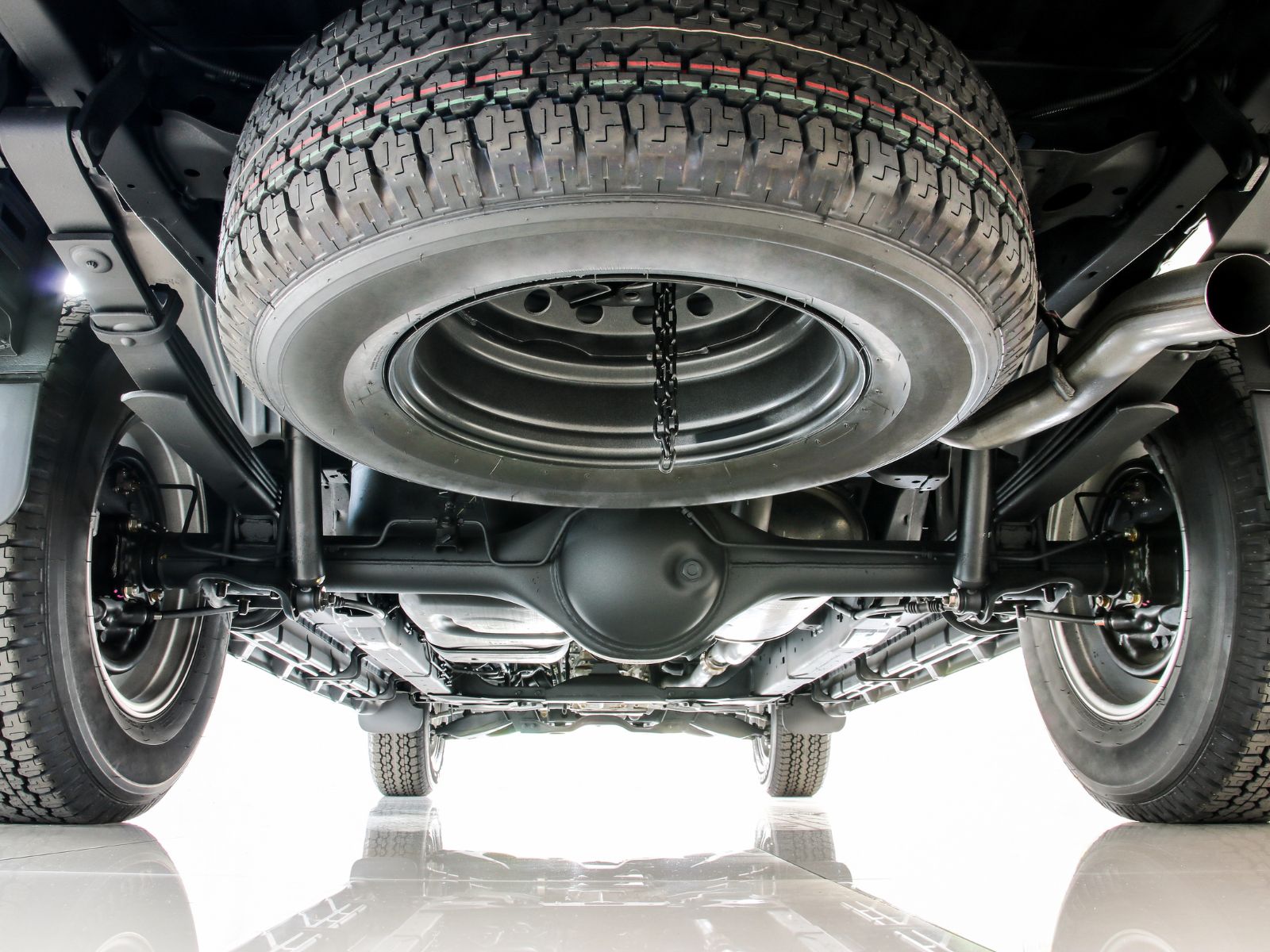Deciding whether a smart car is right for you? One important consideration is how much do a smart car weighs. The light weight of smart cars distinguishes them from most other vehicles on the road. Understanding the weight ranges can help you assess if a smart car meets your needs for maneuverability, fuel efficiency, safety, and more.
Why Smart Car Weight Matters
Smart car weight plays an integral role across multiple ownership factors:
- Performance - The exceptionally light curb weight enhances acceleration and handling. These petite powerhouses have impressive get-up-and-go.
- Fuel economy – Weighing less enables better gas mileage – an attractive quality with fluctuating fuel prices.
- Parking and city driving – Nimble navigation whether squeezing into tight spots or zipping through congested streets.
- Safety considerations – There are debates around crash protection afforded by the lightweight construction.
- Capability compromises – Towing capacity, cargo space, and passenger capacity are constrained by size and mass.
Weight is pivotal to the smart car experience. But just how light or heavy are they?
Overview of Smart Car Weights
The term "smart car" applies to the compact, efficient, and affordable two-seater models produced by Smart GmbH, a subsidiary of Daimler AG. Specifically, it refers to the iconic Fortwo coupé and convertible models.
These city runabouts are truly tiny, spanning just 8 feet 8 inches (2.6 meters) long. For perspective - that is around half the length of a Volkswagen Golf!
Accordingly, curb weight is also exceptionally low compared to average vehicles:
| Model | Weight |
|---|---|
| Fortwo Coupé | 1,800 – 2,200 lbs (817 – 998 kg) |
| Fortwo Cabrio | 1,950 – 2,300 lbs (885 – 1,043 kg) |
Curb weight = weight of the vehicle with standard equipment, and fluids, but without passengers or cargo.
So a typical smart weighs under one ton – extremely light by automotive standards. But there are even more featherweight versions.
Lightest Smart Cars
The lightest Fortwo models weigh around 1,500 lbs (680 kg) curb weight. Reducing vehicle mass improves efficiency and handling.

Specific trim lines with minimal equipment offer impressive lightness:
- Pure models - Available on both the coupé and cabrio, the basic 'Pure' trim lines minimize weight by omitting certain comfort and convenience features. For example, manual windows and no air conditioning.
- Rear engine configuration - Early generation smart cars had the engine positioned at the rear. This improved front-rear weight distribution for better cornering grip.
- Lightweight materials – The extensive use of high-strength steel and aluminum reduces heft while maintaining rigidity. Plastic body panels also trim pounds.
Heaviest Smart Car
The Fortwo is highly customizable via dealer options and third-party tuning outlets. Thus numerous configurations can nudge the weight higher through:
- More powerful engines
- Luxury add-ons like leather upholstery
- Aftermarket customizations
The heaviest smart on record was an extensively tuned special edition that tipped the scales at a portly 2,998 lbs (1,360 kg).
While certainly an outlier from standard weights, it illustrates the potential for customization.
Key Factors Influencing Smart Car Weight
Many variables account for weight fluctuations between smart car versions:
1. Year & Generation
There have been three smart generations since 1998, each revised for enhanced safety, functionality and efficiency.
- The first gen (1998-2007) had the rear engine layout enabling excellent front/rear weight balance and agility.
- Second-gen (2007–2014) switched to a front engine and was heavier overall but retained lightness compared to rivals.
- The current third generation (2014–present) introduced further safety improvements and efficiency technologies that added some weight.

2. Transmission
The standard smart transmission is a 5-speed automated manual gearbox. Drivers can opt for a 6-speed dual-clutch automatic instead. This auto transmission ups the weight by around 50 lbs (22 kg) over the manual.
3. Body Style
The Fortwo coupé weighs less than the convertible cabrio version. The cabrio’s folding roof mechanism and additional chassis bracing increases weight by approximately 100-150 lbs (45-68 kg).
4. Engine & Performance Versions
More powerful turbocharged engines weigh more than lower-output naturally aspirated ones. Models like the Brabus performance editions also add heft through enhancements.
5. Features & Accessories
As already outlined, opting for additional equipment, packages, and aftermarket customization will pile on the pounds. Stripped ‘Pure’ versions are the lightest.
Why Are Smart Cars So Light?
We’ve established that smart cars are exceptionally lightweight compared to typical vehicles. But why is this the case?
Safety Considerations
There are conflicting schools of thought around lightweight construction impacts on smart car safety.
- Compromised crash protection – Some studies indicate that ultra-light mass leaves occupants vulnerable in accidents compared to heavier vehicles.
- Safety innovations – Smart GmbH maintains advanced structural design and high-strength steel safety cell cocoons for passengers. The industry-first Tridon cell forms an impregnable inner fortress.
Independent testing largely confirms that smart cars perform similarly to microcars of comparable size in crashes. So while total weight is very low, safety is on par with rivals.
Efficiency & Performance Goals
The core smart brand ethos centers on economical ecological motoring. Lightness underpins delivering on these environmentally-conscious aims.
Minimizing mass directly enables:
- Lower fuel consumption from smaller engines
- Responsiveness and nimble city handling
- Compact exterior dimensions through space-saving constructions
- Maneuverability for tight parking spots
Reducing weight doesn’t compromise strength. Smart engineers utilize robust yet lightweight materials like high-tensile steel and aluminum extensively.
Target Urban Demographic
Smart cars are specifically designed for congested urban areas rather than highway cruising. Agility for darting through traffic and slotting into tiny curbside stretches is prioritized over outright speed or long-distance comfort.
Lightness facilitates fulfilling the mobility requirements of metropolitan motorists. Masses of metal are not hauled around needlessly.
Weight Compared to Average Cars
Contrasting smart car weights against typical vehicles underlines their ultra-lightness.
For example, the classic Volkswagen Golf hatchback weighs around 2,970 lbs – over 1,000 lbs heavier than a Fortwo!
The best-selling US pickup truck, the Ford F-150, tips the scales at a mighty 4,250 – 5,750 lbs depending on configuration. A smart weighs less than the F-150’s payload capacity.
The average US passenger vehicle weighed 4,156 lbs (1,886 kg) in 2019. Sports utility vehicles (SUVs) averaged a portly 4,610 lbs.
The featherweight smart comes in at under half those averages. This puts the diminutive proportions into stark perspective!
Do Smart Cars Feel Light to Drive?
In contrast to lumbering SUVs, smart cars deliver an agile, nimble driving experience. The light weight translates into direct handling unencumbered by excess bulk.
They accelerate, turn and stop swiftly thanks to the tiny dimensions and low mass. Zipping through congested streets feels effortless.
However, the extreme lightness has some trade-offs:
- Susceptible to crosswinds at highway speeds
- More road noise/vibrations transmitted into the cabin
- ‘Busy’ steering requiring constant small inputs
- Harsher ride quality compared to heavier vehicles
The appeal lies in darting around the urban jungle rather than wafting down freeways. Smart cars indulge handling enthusiasts with go-kart-like liveliness boiling down to one central aspect – the almost impossibly light weight.
In Summary
A smart car weighs markedly less than any other vehicle on sale:
- Typical curb weight is 1,800 - 2,200 lbs
- The lightest models register over 500 lbs below average vehicle weights
- This extremely lightweight directly enables their signature nimble handling
- Advanced material technology maintains crash safety despite the tiny proportions
- Fuel efficiency also benefits from requiring less power to shift less mass
In the microcar domain, nothing comes close to matching smart cars for sheer diminutive lightness. Understanding the weight traits provides clearer insight into whether these mega-compact city cars suit your specific needs.




Leave a comment
This site is protected by hCaptcha and the hCaptcha Privacy Policy and Terms of Service apply.